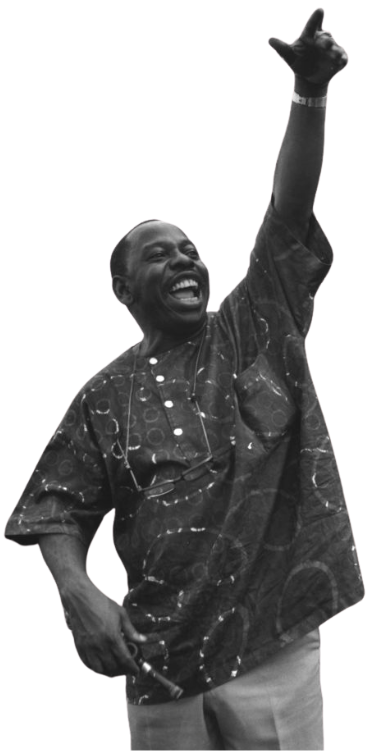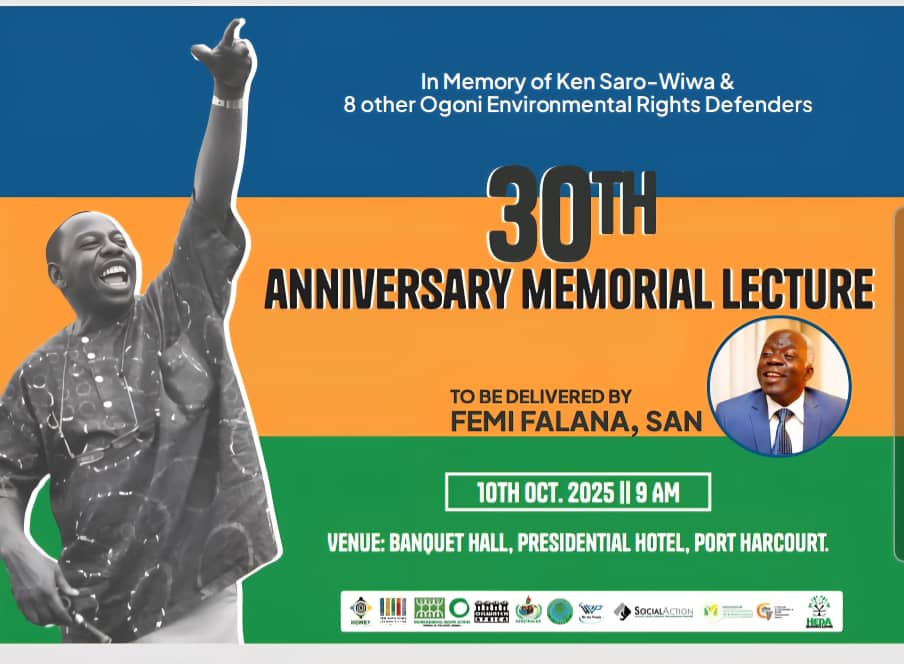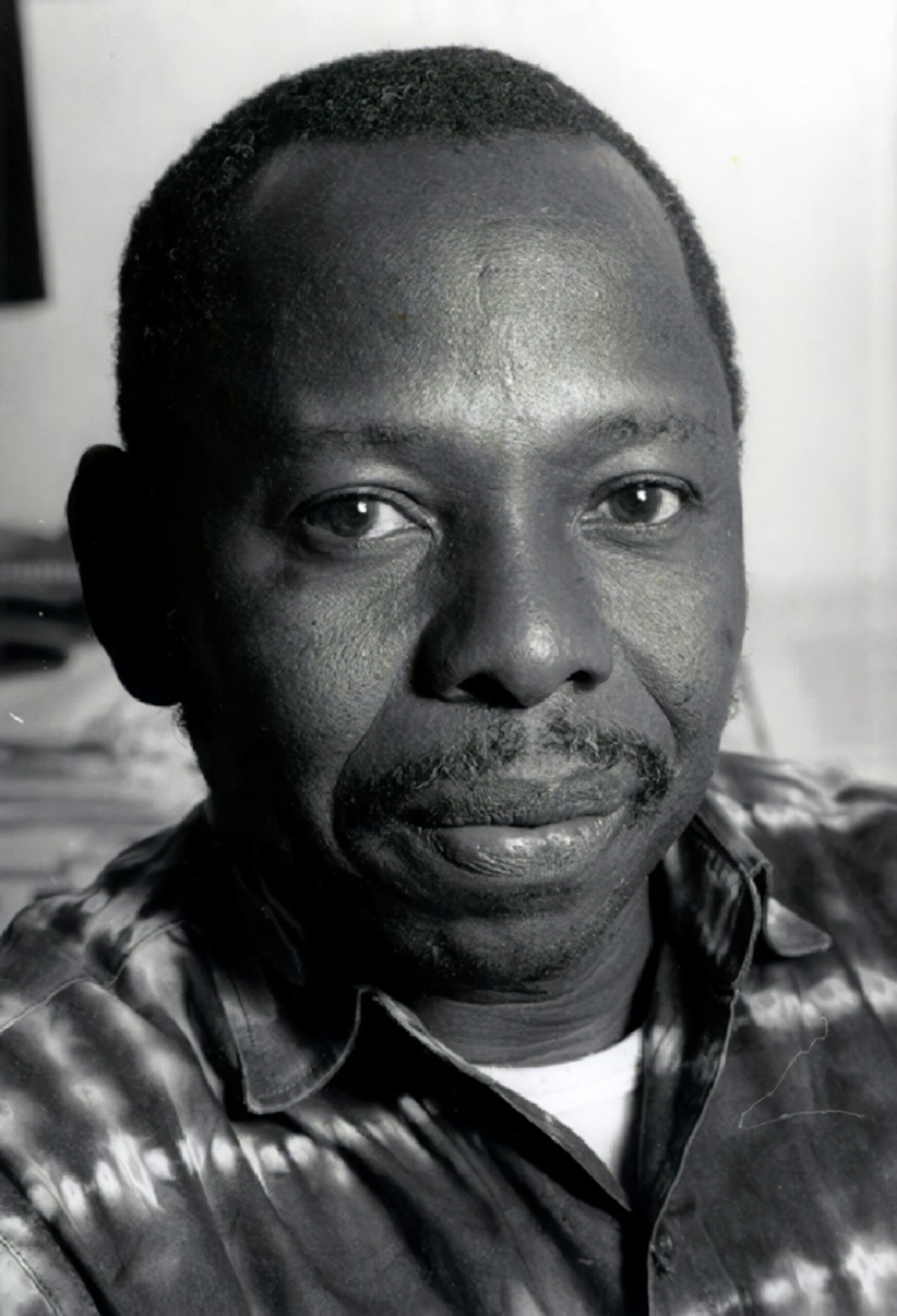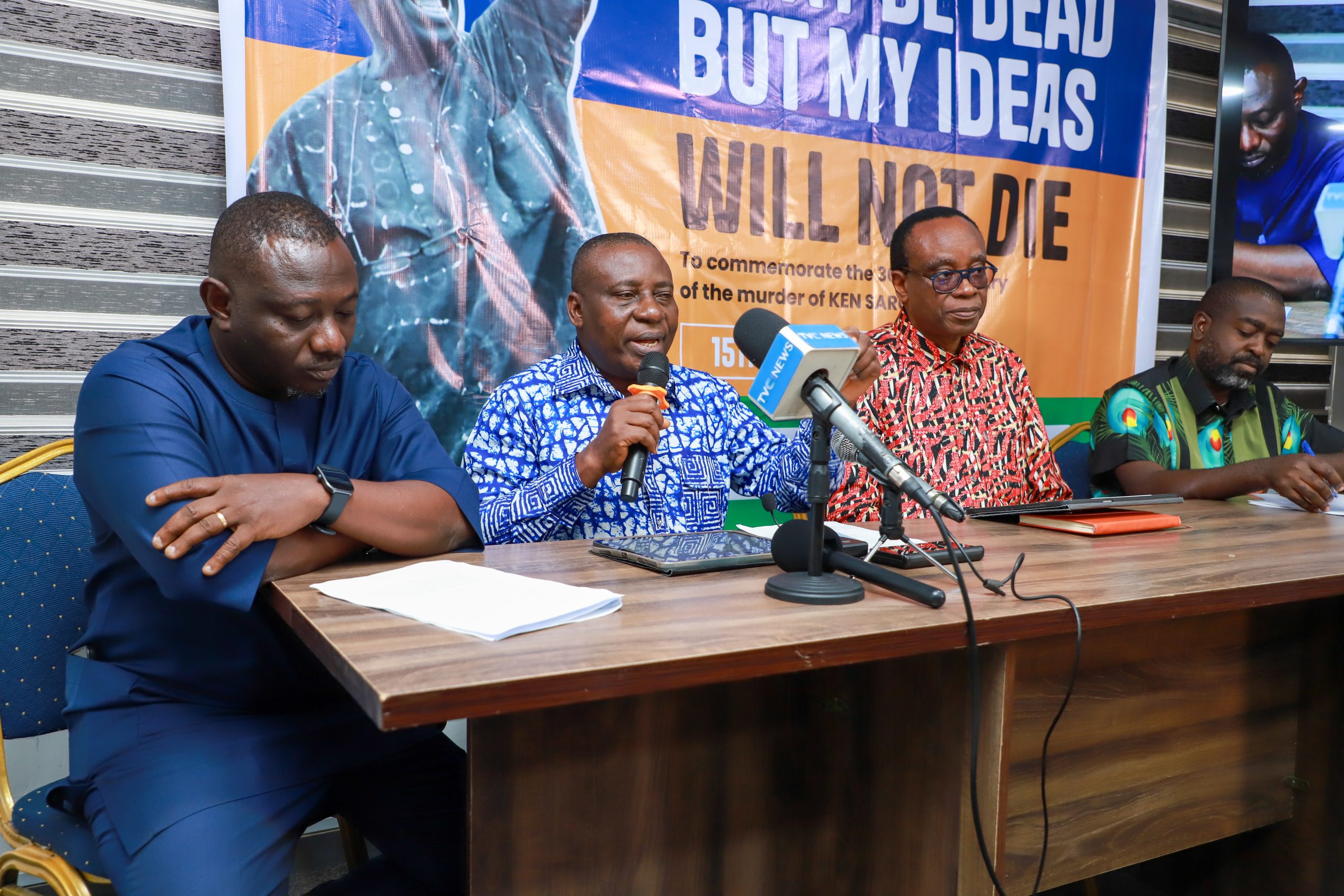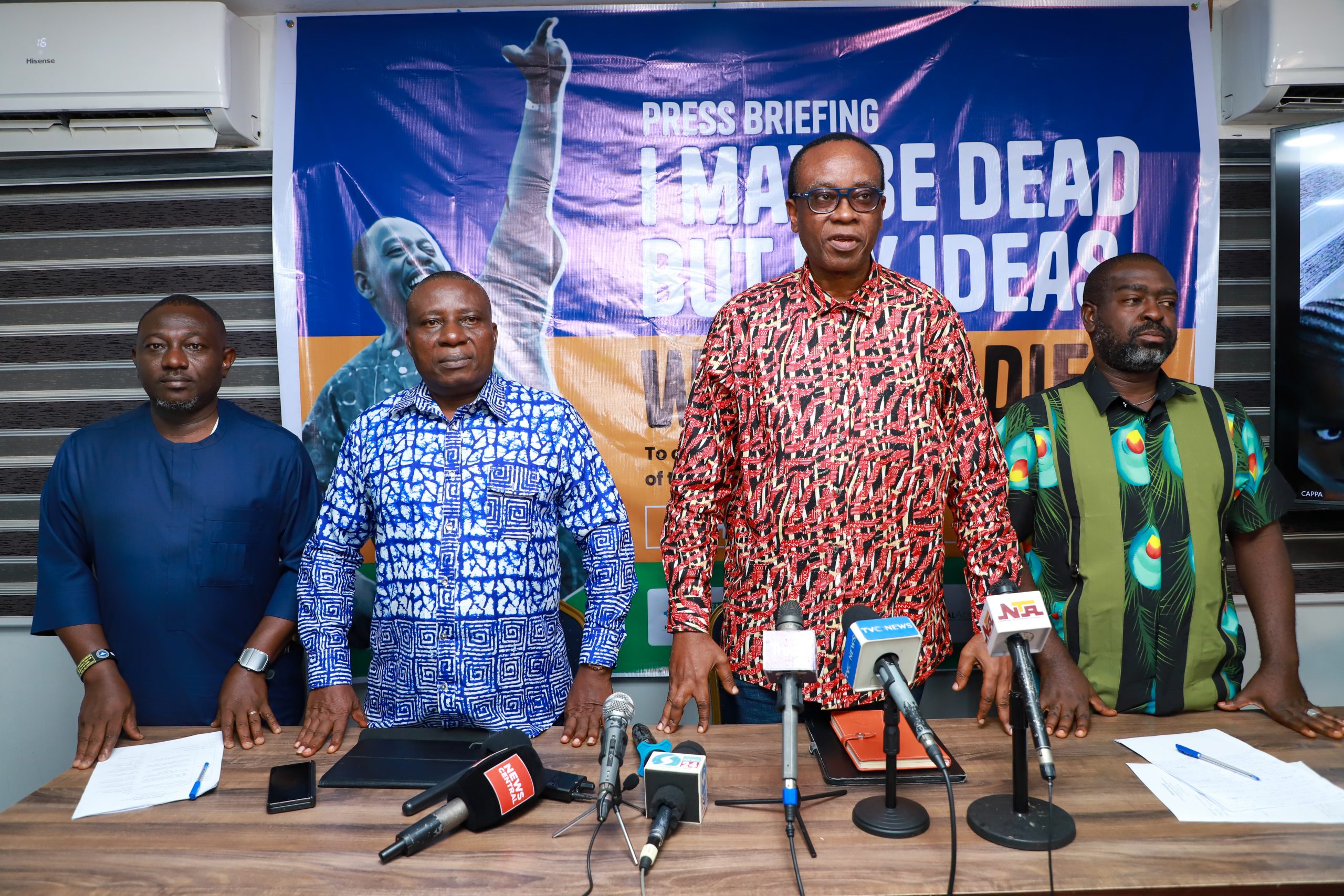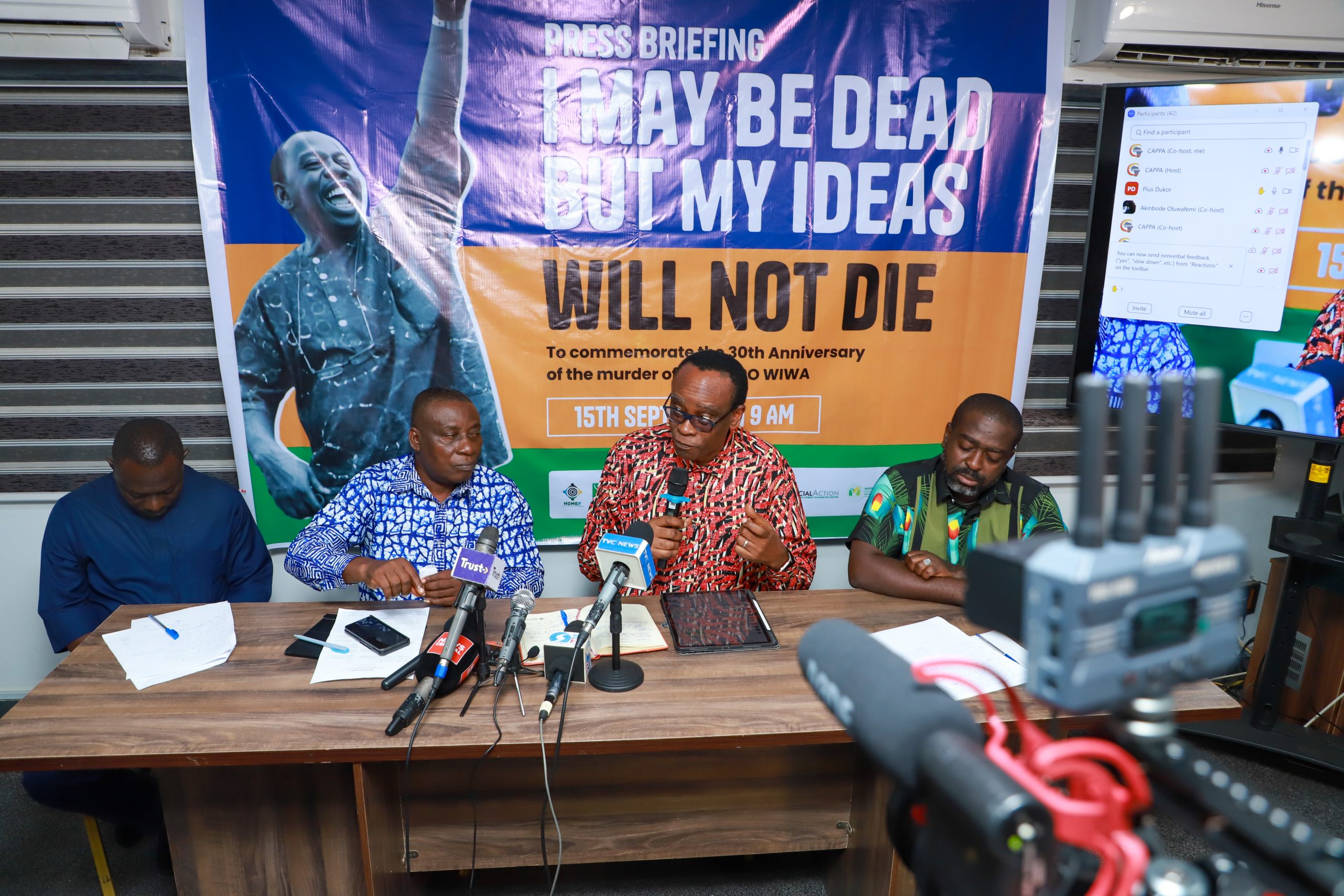On 10 November 1995 Ken Saro-Wiwa and Saturday Dobee, Nordu Eawo, Daniel Gbooko, Paul Levera, Felix Nuate, Baribor Bera, Barinem Kiobel and John Kpuine were brutally murdered by the Nigerian State following their being sentenced to death by a kangaroo tribunal at which Shell held a watching brief.
Ken Saro-Wiwa, born on October 10, 1941, was a man of many parts. He was a minority rights and environmental activist. He was president of the Movement for the Survival of Ogoni People (MOSOP) from 1993 to 1995. He was an acclaimed writer with works of poetry, prose, drama and other genres. He was an astute businessman and a politician.
Saro-Wiwa understood his task as taking the Ogoni people on a journey. In a letter written on 1 October 1994, he referred to having escaped an assassination plot:
“Not that death would have mattered to me. It would have carried more harm to those still alive. However, I do want to take the Ogoni people as far on the journey to re-vitalization as is possible—until other leaders are bred.”
His socio-ecological dream was captured under what he termed ERECTISM being the acronym for ethnic autonomy, Resource and environmental control. His vision has nothing to do with partisan politics. He fought for the dignity of his people and for the social, economic and environmental justice.
His writing was a tool to liberate his people.
The positions taken by Ken Saro-Wiwa with regard to the devastation of the Ogoni environment have all been validated, especially by the 2011 report of the Assessment of the Ogoni environment by the United Nations Environment Programme (UNEP).
He was more than just an Ogoni. He showed that we are all Ogoni.


